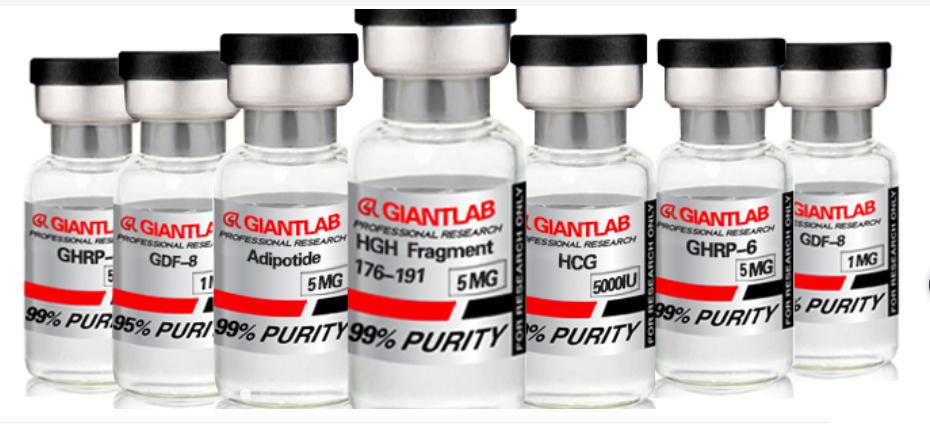What is collagen?
Collagen is formed from three long chains of over 1,000 amino acids, twisting into a helix conformation. This tightly twisted helix gives collagen the strength to build our body, but is difficult to break down during digestion and too large to cross the intestinal wall, so in it’s unhydrolyzed, full-length form, collagen is not an effective oral supplement. Thus, collagen is the long-chain of amino acids that builds our skin, connective tissue and bones but cannot be absorbed through our diet. It is made primarily of three amino acids—proline, hydroxyproline and glycine—which gives it unique functional properties different from all other proteins. This also makes it the most important structural protein in the body.
The role of collagen in the body is huge, according to the research, 85% for tendons, 75% for skin health, 90% for bones strength, 6% in tendinous muscles, 70% in joint cartilage and almost 70% for ligaments health. Collagen is the body’s most important building block and it makes up approximately 30% of the proteins in our bodies. Collagen is the key structural protein that ensures the cohesion, elasticity and regeneration of all our connective tissues, including skin, tendons, ligaments, cartilage and bones. In essence, collagen is strong and flexible and is the “glue” that holds everything together. It strengthens various body structures as well the integrity of our skin. There are many different types of collagen in our body, but 80 to 90 percent of them belong to Type I, II or III, with the majority being Type I collagen. Type I collagen fibrils have enormous tensile strength. This means they can be stretched without being broken.
So, why is collagen on the forefront of our minds? The most recent research into this seemingly miraculous protein demonstrates that as we age and put our body under stress, collagen production declines. Therefore, maintaining healthy collagen levels is necessary for optimal body functioning, and it’s sometimes necessary to help regenerate our limited supply. While much interest in collagen has been strictly from a skin care perspective, its benefits truly go beyond skin deep. With age, our bodies naturally begin to produce less collagen, and the first signs of aging start to occur. From around the age of 30 and accelerating in our 40s, loss of collagen affects all the connective tissues.

What are collagen peptides?
Collagen peptides are highly bioavailable. They act as building blocks, renewing bodily tissues, such as skin, bones and joints. It has been proposed that collagen peptides may act as a messenger to the cells and trigger the synthesis and reorganization of new collagen fibers, thereby supporting our tissue structure. Numerous scientific studies have demonstrated collagen peptides’ health benefits. Key areas of benefit include healthy aging, joint and bone health, sports nutrition and skin beauty. Collagen peptides are cold water-soluble and highly bioavailable and bioactive. This makes them a better option for functional foods and beverages and dietary supplements than gelatin. Collagen peptides have a molecular weight of less than 5000Da.
Furthermore, collagen peptides are small bioactive peptides obtained by enzymatically hydrolysis of collagen, in other words, the breaking down of the molecular bonds between individual collagen strands to peptides. Hydrolysis reduces collagen protein fibrils of about 300 – 400kDa into smaller peptides with a molecular weight of lower than 5000Da. Collagen peptides are also known as hydrolyzed collagen or collagen hydrolysate.
Ordinary collagen products on the market, like skin serums and supplements, are marketed as containing “collagen peptides.” In biology, “peptides” is a term that simply refers to short chains of amino acids. All collagen is a protein made up of amino acids: glycine, proline, hydroxyproline, and arginine, all of which help our bodies remain in good health. In fact, healthy muscle growth and joint health, as well as an overall glow, are often attributed to the unparalleled amount of amino acids in collagen. Collagen is secreted by cells, chiefly by connective tissue cells.
As a matter of fat, there are more than a dozen types of collagen, which are composed of different peptides and exhibit a range of structures and functions. For instance, there are specific types of collagen responsible for forming your skin and cartilage. Unfortunately, there has been minimal research on the various types and not many studies at all that pinpoint one as the most beneficial—as far as we know, they’re all crucial.

What makes collagen peptides different? What about collagen versus collagen peptides?
To understand the difference between collagen versus collagen peptides, it is important to understand that collagen peptides and gelatin are made by breaking down the full-length collagen molecules. They are made of the same amino acids as collagen, but they have different properties. Collagen peptides are more bioavailable – they are better absorbed into the bloodstream because they are much shorter chains of amino acids than collagen and gelatin. Because they’re shorter, collagen peptides are more readily broken down into a form that can enter the bloodstream upon digestion. Collagen is the cement that holds it all together. Different cells in our body tissues are responsible for the production of collagen. The cells use specific amino acids and peptides as building blocks for the production of the large collagen helix structure. This is then organized into the strong fibers that provide structural tissue support, flexibility and the ability to withstand forces. After absorption, collagen peptides travel throughout the body, repairing, rebuilding and providing energy. Collagen peptides are shuttled to the different tissues where cells will build the peptides into full-length collagen helices to repair our skin, bones and joints, or the cells can use the amino acids directly for energy.
Whether or not taking additional collagen supplements will help your ills is up to your individual condition and lifestyle. Research appears to support collagen supplements for older people and people with conditions like arthritis, but an otherwise healthy person with a balanced diet may not see any benefits. Collagen is a safe and natural ingredient available in different grades. It can be found in foods, such as bone broth or gelatin-based desserts. Its solubility, absorption and digestibility levels vary from one grade to another.
That said, there are also plenty of natural ways to get in your daily dose of this superstar nutrient each day. If you want to consume collagen naturally, eat a well-balanced, high-protein diet that includes animal products. Collagen is in beef, chicken, fish, and egg whites. The much smaller and easily digestible collagen peptides are produced by controlled enzymatic hydrolysis.

This Post Has 7 Comments
read on
14 May 2020Thanks for finally talking about >USA domestic Collagen Peptides Review – Giant Lab <Loved it!
internet z telewizją
22 May 2020I delight in, result in I discovered just what I used to be having a look for.
You have ended my 4 day long hunt! God Bless you man. Have a
great day. Bye
mejor pre entreno
28 Jun 2020Saved as a favorite, I really like your website!
miglior pre workout 2020
28 Jun 2020Fantastic beat ! I wish to apprentice while you amend your web site, how can i subscribe for a blog site?
The account helped me a acceptable deal. I had been tiny bit acquainted of this your broadcast provided
bright clear concept
Miglior Pre Workout 2020
28 Jun 2020Everyone loves what you guys are usually up
too. This kind of clever work and exposure! Keep up the amazing
works guys I’ve added you guys to my personal blogroll.
el mejor pre entreno del mercado
30 Jun 2020Nice post. I learn something new and challenging on websites I stumbleupon everyday.
It’s always useful to read content from other authors and practice a little something from other websites.
live online forex trade room
5 Jul 2020Thanks for one’s marvelous posting! I definitely enjoyed
reading it, you might be a great author. I will be sure to bookmark your blog
and may come back in the future. I want to encourage continue your great job, have a
nice afternoon!